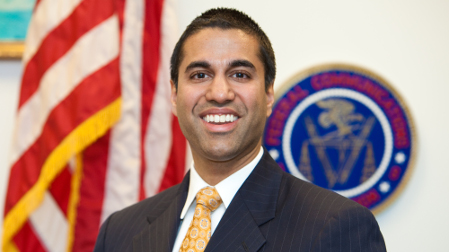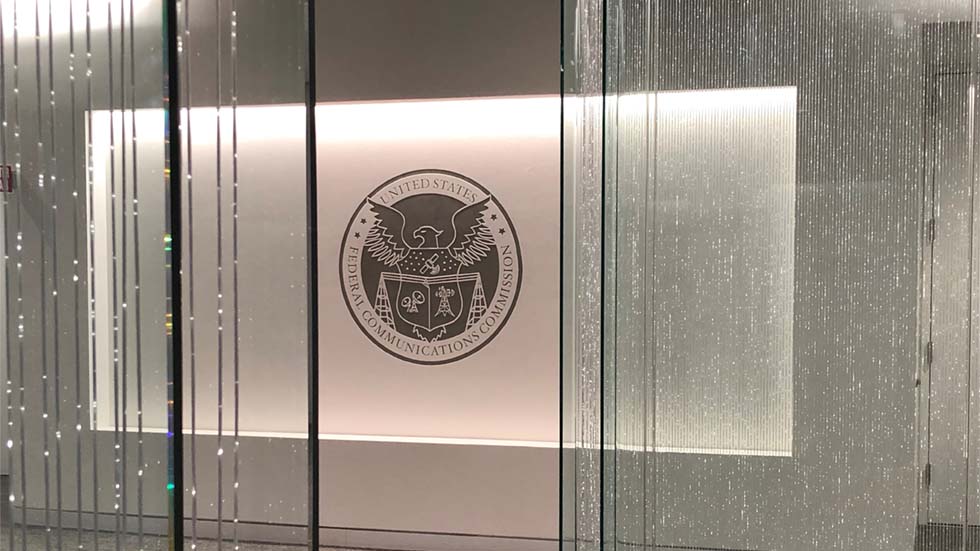FCC Chairman Pai Confirmed for Second Term
WASHINGTON—The Senate voted on Monday, Oct. 2, in the affirmative to give FCC Chairman Ajit Pai another five-year term. The term will be retroactive to the June 2016 expiration of his previous term.

The result was widely expected, but there was an opposition to Pai’s confirmation, primarily from Democrats, who would be the majority of speakers on the Senate floor when it came to Pai’s re-nomination. Sen. Maria Cantwell (D-Wash.) said on the Pai vote: “Since taking over the FCC leadership in January, Chairman Pai has wasted no time in moving the agency away from its key mission to promote the use and deployment of communications in the public interest.” It is believed that the Democratic opposition mainly centers around net neutrality, the Sinclair/Tribune merger proposal and Republican deregulatory policies.
Other Democrats who spoke against Pai included Sen. Tom Udall (D-N.M.), Sen. Brian Schatz (D-Hawaii) and Sen. Chuck Schumer (D-N.Y.), though Schumer spent most of his time talking on the tragedy in Las Vegas and submitted his input on Pai for the record.
Sen. John Thune (R-S.D.) was one of those in support of Pai, praising his transparency efforts and the reset on net neutrality.
In the end, Pai was confirmed on a vote of 52 to 41.
A number of broadcast groups released statements congratulating Pai on earning a second term, including the NAB, NCTA, APTS, FreedomWorks and the ACA.
The FCC released the following statement from Pai after his confirmation:
Get the TV Tech Newsletter
The professional video industry's #1 source for news, trends and product and tech information. Sign up below.
“I am deeply grateful to the U.S. Senate for confirming my nomination to serve a second term at the FCC and to President Trump for submitting that nomination to the Senate. Since January, the Commission has focused on bridging the digital divide, promoting innovation, protecting consumers and public safety, and making the FCC more open and transparent. With today’s vote, I look forward to continuing to work with my colleagues to advance these critical priorities in the time to come.”
